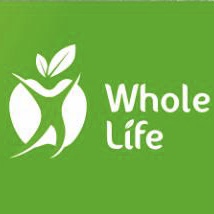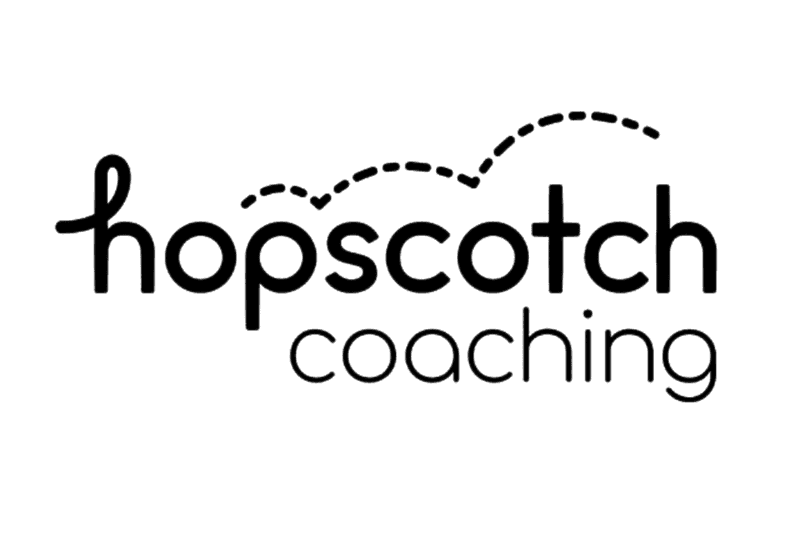Growing up, I was one of those hippy kids who already knew what hummus even though it was still the 80s. I’d go to a birthday party at McDonald’s and order a cheeseburger, not understanding that there would be a piece of meat under my cheese. When offered lasagne for tea at a friend’s house, I’d assume they meant it was vegetable because they hadn’t stated that it was a meat lasagne.
I was vegetarian first and foremost because my Mum was, and she was the one doing the shopping and cooking. But it also seemed obvious to me that killing animals just wasn’t a very nice or necessary thing to do when there was plenty of other delicious food to go around. (I still thought vegans were pretty weird though.)
Then I found out more about the dairy industry and that it was actually a whole lot crueler than the meat industry. Cows make milk because they’re mothers, not because they’re cows. Mothers who have had their babies taken away from them, and possibly killed if they’re boys. Mothers who are repeatedly made pregnant, taken away from their babies, and once they are too worn out to make babies, they are then killed and turned into meat.
I tried to go vegan. But I’d been born vegetarian, and never smoked – I didn’t know how to give things up. I kept failing; I’d have some pizza or ice cream and give up on the whole thing. Then I decided that something was better than nothing: if I had that ice cream, so what? It didn’t mean I had to give up entirely, I was still doing better than before when I was smothering everything I ate in cheese.
Over the last couple of years, with films like Game Changers and Seaspiracy, awareness has risen about the effects of meat and dairy on our physical health and on our planet. You can be vegan and still be strong and fast. The meat, dairy, and seafood industries are destroying our planet and contributing to climate change. Suddenly it became a whole lot easier to be vegan (or plant based if you don’t want to sound too hippy) – most cafés offer a range of plant milks, most restaurants have vegan options, most supermarkets sell vegan cheese and ready meals.
If you’d like to give it a go yourself, here are my top tips for eating more plants, and better caring for yourself, animals, and the planet in the process.
- At first, aim simply to reduce your meat and dairy intake, and to increase your plant intake.
- Replace your dairy milk and butter with non-dairy versions – you’ll get used to them faster than you think (even in tea, I promise).
- Stop putting cheese on top of everything and use some more herbs and spices instead. Hummus can also be a surprisingly good cheese replacement. Try buying some nutritional yeast too, to add a cheesey nutty flavor to your cooking.
- Buy some vegan snacks and junk food (ice cream, pizza, sausage rolls, crisps, dark chocolate) – when you’re hungry is when you’re most likely to slip up, so be prepared!
- Focus on eating as many different fruits and vegetables and as many colours as you can, rather than thinking about the things you’re not having.
- Remember that bread and crisps and chips are all vegan – hurrah!
- Don’t beat yourself up if you accept a slice of cake or a cup of tea with dairy milk in it at a friend’s house or a meeting, you’re aiming to be better rather than perfect, and no one wants to be that awkward, difficult person.
- If you use social media, try making plates of food that are pretty enough that you want to show them off. Those likes can be a great motivator.

If your main motivation is your own health, check out Dr Alan Desmond’s book, and ask your GP about the Wholelife seven week course (free for all Teignmouth/Dawlish/Chudleigh patients aged 18+ and registered with the Coastal Network), to help you take it one step further to becoming whole foods plant based (that means none of those vegan ready meals though!).
